Minister praises Milošević-era government
Top SPS party official and cabinet minister Milutin Mrkonjić says the government of Mirko Marjanović functioned better than the one he is currently serving in.
Wednesday, 09.11.2011.
21:37

Top SPS party official and cabinet minister Milutin Mrkonjic says the government of Mirko Marjanovic functioned better than the one he is currently serving in. Mrkonjic is minister for infrastructure in the cabinet headed by Mirko Cvetkovic. Minister praises Milosevic-era government During the 1990s regime of Slobodan Milosevic, late Mirko Marjanovic was prime minister for two terms. "The conditions were much more difficult back then, but the government functioned better. There was no money, sanctions were in place, there was the bombing, but all contractors were responsible when it comes to their deadlines and their work, unlike those nowadays that have been jolted to the surface in a wild privatization," Mrkonjic told Belgrade-based weekly NIN in an interview. According to him, now "nobody can guarantee any (construction works) deadline" - because partisan interests are "so strong that 90 percent of (company) owners and directors opt not to come to the ministry at all for talks, instead they go to their parties, their partners". Asked whether he still maintained that SPS leader Ivica Dacic and DS leader and Serbian President Boris Tadic "merely implemented what Sobodan Milosevic and Zoran Djindjic agreed on", he answered affirmatively. "Soon a book will be published by (Milosevic's widow) Mira Markovic, it will be about the role of individuals in that regime, about Slobodan's contacts with the opposition, all sorts of big democrats. She should know who visited them, what they talked about, and I too know a lot, so nowadays I don't like to hear people talk about the dictator, when they met with him regularly for talks and deals," said Mrkonjic. The minister noted that the book in question will deal with Zoran Djindjic, Vuk Draskovic - "everyone who went to see Slobodan". Mrkonjic is deputy leader of the Socialist Party of Serbia (SPS), founded and led until his death by Slobodan Milosevic. The Socialists were forced out of power in 2001, but the party was back in government in 2008 through a post-election coalition deal reached with the Democratic Party (DS). Milutin Mrkonjic (Tanjug, file)
Minister praises Milošević-era government
During the 1990s regime of Slobodan Milošević, late Mirko Marjanović was prime minister for two terms."The conditions were much more difficult back then, but the government functioned better. There was no money, sanctions were in place, there was the bombing, but all contractors were responsible when it comes to their deadlines and their work, unlike those nowadays that have been jolted to the surface in a wild privatization," Mrkonjić told Belgrade-based weekly NIN in an interview.
According to him, now "nobody can guarantee any (construction works) deadline" - because partisan interests are "so strong that 90 percent of (company) owners and directors opt not to come to the ministry at all for talks, instead they go to their parties, their partners".
Asked whether he still maintained that SPS leader Ivica Dačić and DS leader and Serbian President Boris Tadić "merely implemented what Sobodan Milošević and Zoran Đinđić agreed on", he answered affirmatively.
"Soon a book will be published by (Milošević's widow) Mira Marković, it will be about the role of individuals in that regime, about Slobodan's contacts with the opposition, all sorts of big democrats. She should know who visited them, what they talked about, and I too know a lot, so nowadays I don't like to hear people talk about the dictator, when they met with him regularly for talks and deals," said Mrkonjić.
The minister noted that the book in question will deal with Zoran Đinđić, Vuk Drašković - "everyone who went to see Slobodan".
Mrkonjić is deputy leader of the Socialist Party of Serbia (SPS), founded and led until his death by Slobodan Milošević.
The Socialists were forced out of power in 2001, but the party was back in government in 2008 through a post-election coalition deal reached with the Democratic Party (DS).












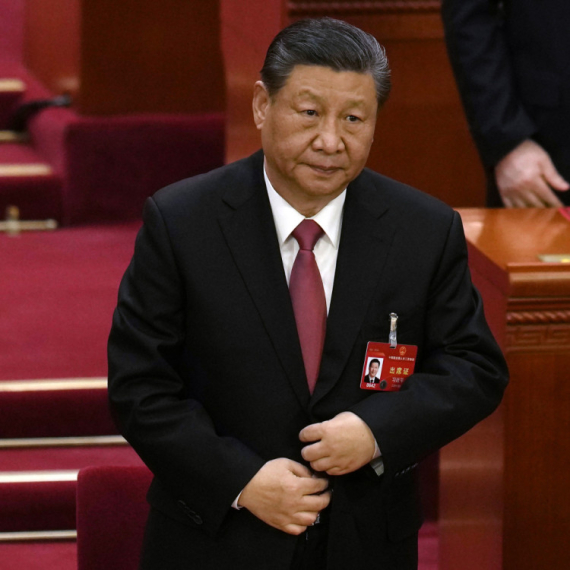



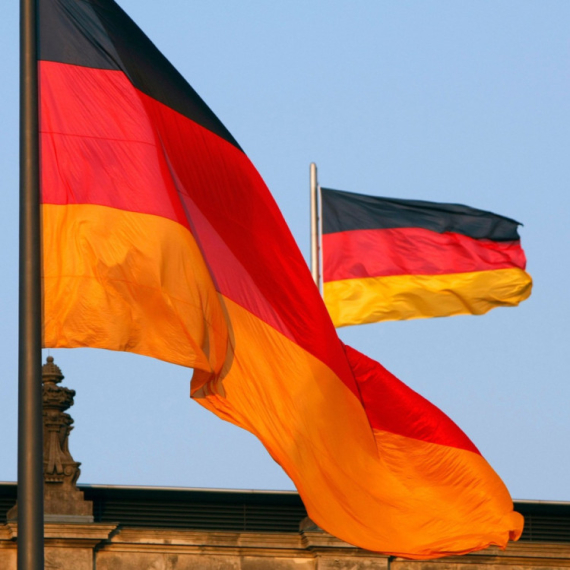
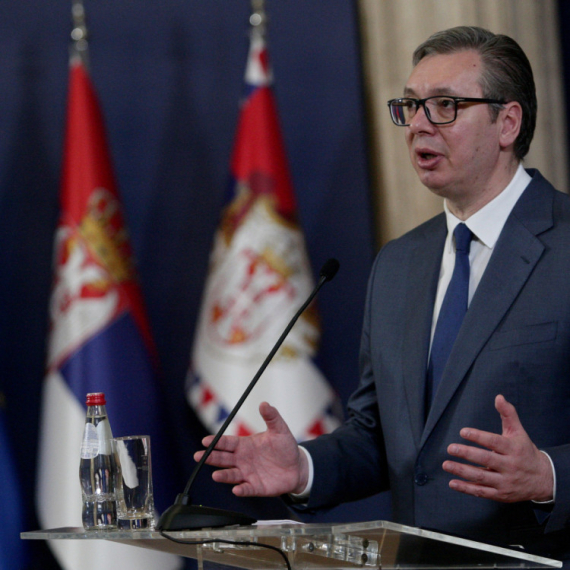
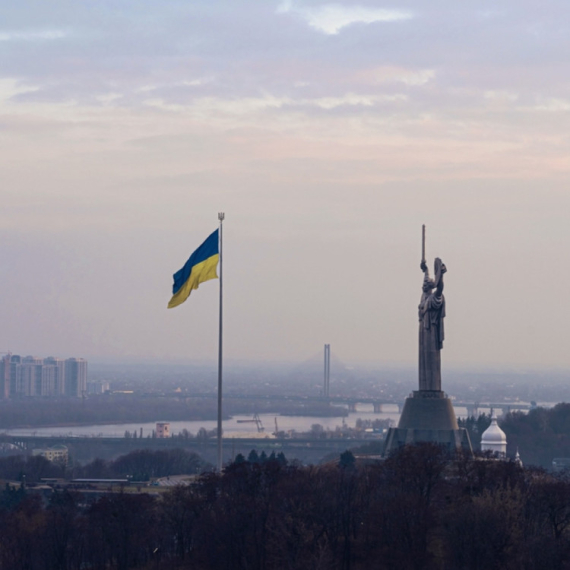
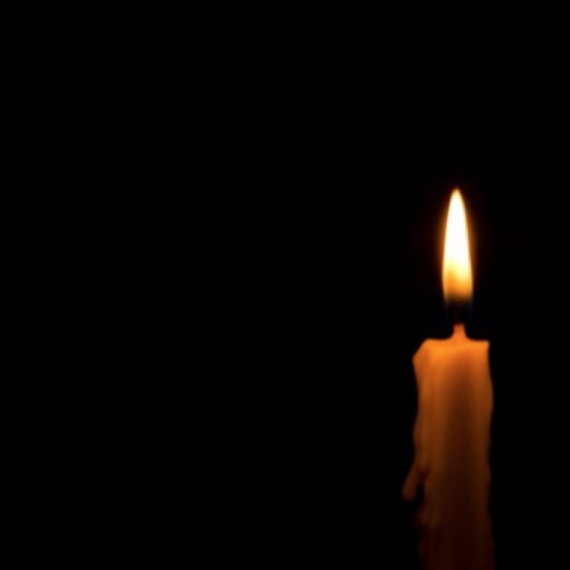

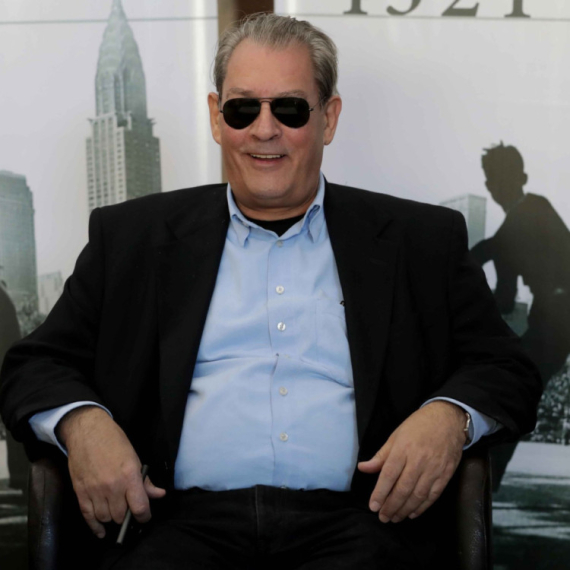








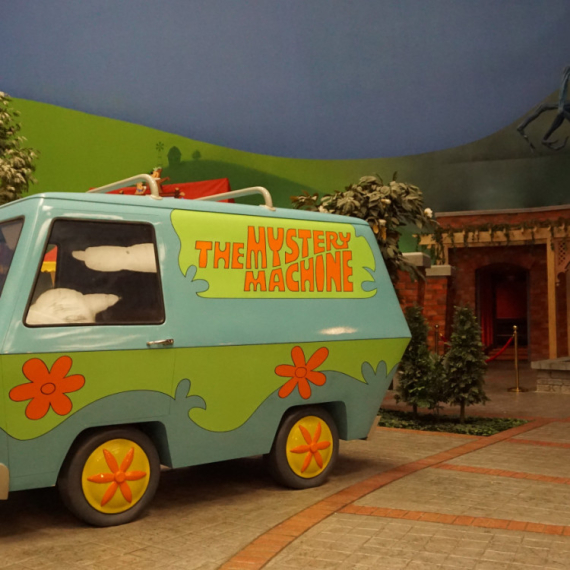








Komentari 4
Pogledaj komentare